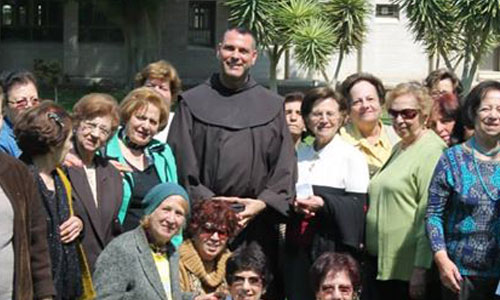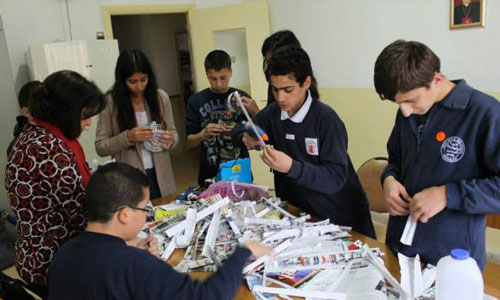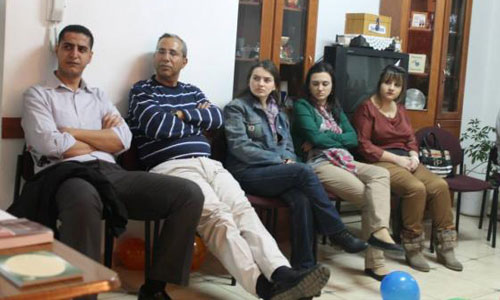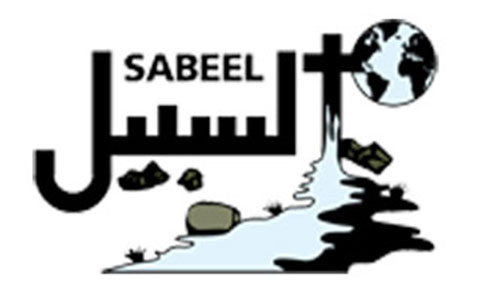
Nine clergy wives met in Beit Sahour at the Melkite Church on April 4, 2014. We started the meeting around 10 a.m. with a Bible study given by Ms. Rula Neimeh, the wife of the Syrian Orthodox priest in Bethlehem. She presented John 20:9, “…for as yet they did not understand the scripture, that he must rise from the dead.”
Ms. Rula mentioned several points, including, “As the annunciation and the passion was on public display, also the resurrection happened in front of the guards.” An interesting discussion then took place regarding this. Another thing she mentioned is the importance of visiting the orphanages, the old age homes and the sick people, saying that such visits are not the clergy’s duty alone; they are our duty as well.
After a short break, the women gathered again to discuss the role of the clergy wives in the ecumenical work. This year all churches are celebrating Easter at the same time, so their discussion focused on the importance of having events with the Christian community as one. Everybody got excited about the idea and we formed a committee from the different denominations to work on a visit to an old age home in Beit Jalla on April 25th.
Each clergy wife will invite others from their community to join. This will be the first time such a program is happening, so we are very proud of the outcome of this meeting.
The clergy wives decided to have an activity every two months. Sabeel has promised to support them in their work as one group. Again, we are so happy to see this result.
We ended the meeting with a wonderful Lenten meal prepared by the women in the Melkite church in Beit Sahour.

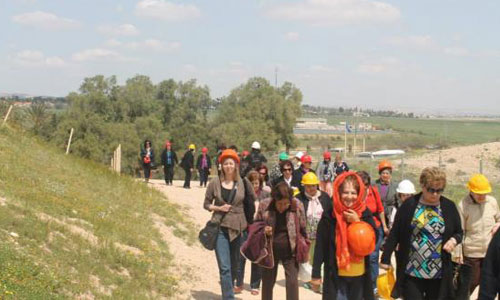
 site from the time of the Canaanites.They enjoyed listening to the women from the Bedouin association and they enjoyed learning from Ashraf, who continued discussing with them and answering their questions.They wanted more time to be spent with the Bedouins.
site from the time of the Canaanites.They enjoyed listening to the women from the Bedouin association and they enjoyed learning from Ashraf, who continued discussing with them and answering their questions.They wanted more time to be spent with the Bedouins.